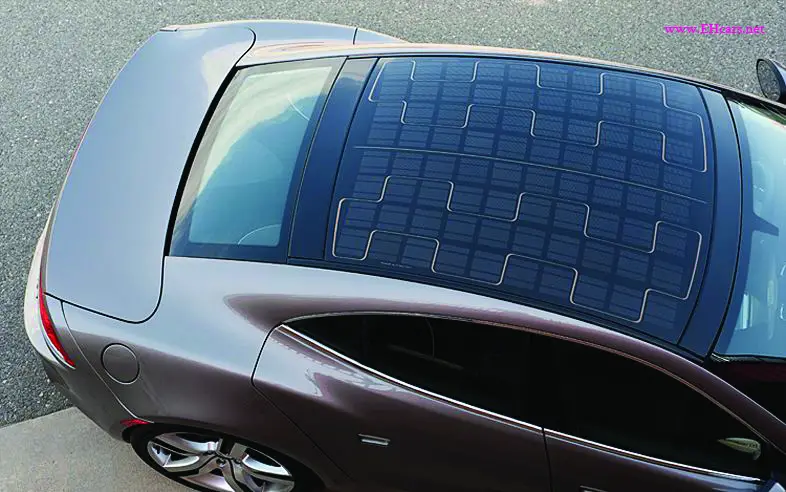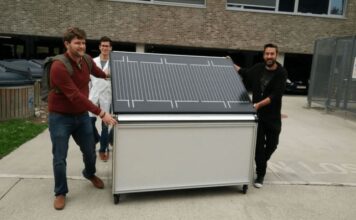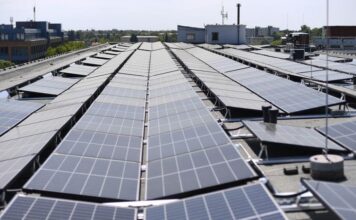According to TrendForce, the rapid increase in the penetration rate of the global new energy vehicle market has stimulated an increase in the installed capacity of power batteries year by year.
At the same time, the technical route of lithium iron phosphate battery in the field of electrochemical energy storage is becoming the mainstream solution for newly installed capacity in recent years, and the proportion is rapidly increasing.
With the large-scale retirement of power and energy storage batteries in the future, TrendForce estimates that the global power and energy storage battery recycling scale will exceed 1TWh by 2030, of which lithium iron phosphate battery recycling scale will account for more than 58%.
Many competitors, but the actual recycling scale of retired power batteries is limited
However, at this stage, the battery recycling industry still has several major problems to be solved.
- First, the development of the lithium-ion battery recycling industry is still in the early stage at this stage, and about 70% of the used batteries come from defective products and wastes from battery factories, and the actual recycling scale is still small;
- Second, the number of participants in the battery recycling industry continues to increase, and the overall industry standardization still needs to be improved.
Taking the Chinese market as an example, since 2020, China has continued to introduce a power battery recycling policy. In just one year in 2021, more than 10,000 battery recycling-related companies will be newly registered, an increase of about 4 times compared to 2020.
However, as of the end of 2021, there are only 45 companies (hereinafter referred to as white-listed companies) that meet the Industry Standard Conditions for Comprehensive Utilization of Waste Power Batteries for New Energy Vehicles issued by the Ministry of Industry and Information Technology of China.
It is worth noting that, according to the statistics of TrendForce, the current annual production capacity of waste battery comprehensive treatment of white-listed enterprises has exceeded 1.01 million tons, and the planned processing capacity of enterprises has exceeded 4.25 million tons.
However, in 2021, the actual recycling volume of lithium-ion batteries in China will be less than 300,000 tons, which shows that the capacity of the battery recycling industry is quite idle.
Echelon and recycling go hand in hand to create a circle economy of battery industry
From the perspective of China, one of the world’s largest new energy vehicle markets, the installed capacity of the global power battery market will exceed 3TWh by 2030, and the installed capacity of China’s power battery is expected to account for about 45% of the world’s total.
Therefore, the effective use of the full life cycle of the battery will be one of the important ways to build a low-carbon economy in the future.
In addition to making up for the shortage of resources, battery recycling can reduce the impact and pressure on the environment and resources compared to the exploitation, production and use of primary mine resources.
According to TrendForce research, the current recycling of waste lithium-ion batteries in China is mainly divided into cascade utilization and recycling.
The cascade utilization is to use the cascade utilization in fields such as backup power, small energy storage, and micro vehicles (such as low-speed electric vehicles) when the power battery storage capacity is attenuated to less than 80%, but most of the cascade utilization in the energy storage field is still in the experimental demonstration stage. ,
and was excluded from large-scale energy storage projects by the National Energy Administration of China;
Recycling mainly involves dismantling retired power batteries to recover valuable metals such as lithium, cobalt, and nickel, and reuse them for the regenerative manufacturing of battery materials.





